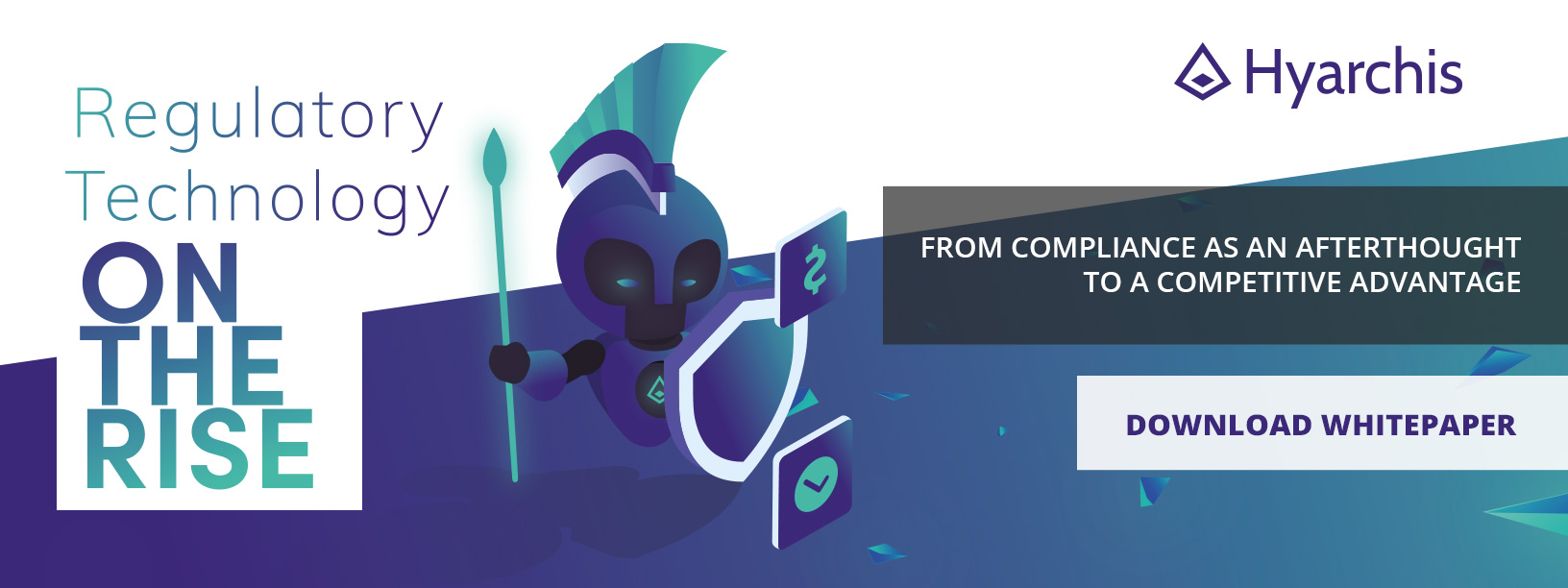
Regulatory Technology on the Rise
The 2008 financial crisis paved the way for a wave of new laws and regulations in the financial sector. The financial system’s collapse had a profound impact on the global economy, which led to stricter scrutiny over financial institutions and specifically their role as gatekeepers. Increasingly, the responsibility of combating financial crime is shifting to the private sector, and there are now estimated 750 institutions worldwide that regulate activities within the financial services industry. This has a huge yet largely unseen impact on the industry. Compliance with laws and regulations is thus becoming less of a prerequisite and instead becoming a core competency for financial institutions.
About twenty percent of bank staff are currently engaged in detecting money flows in the context of combating financial economic crime and counter-terrorism. In the Netherlands, there are already more than there are community police officers. The bureaucracy that banks have had to set up to comply with legislation and regulations in this area has reached its limit. The use of Regtech – Regulatory Technology – has become necessary. Regtech distinguishes itself from traditional compliance solutions by, among other things, cloud-based technology, which is supported by artificial intelligence and blockchain.
This whitepaper can be downloaded from the Risk & Compliance Platform Europe for free.



